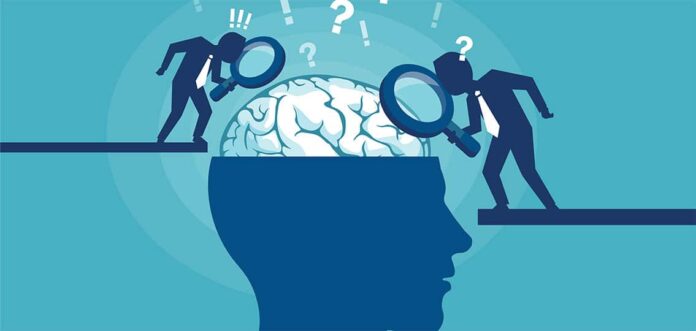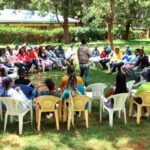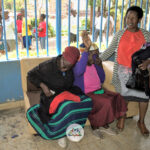Mental health refers to your emotional, psychological and social well-being. It looks into your interaction with yourself, with others and with your environment. How are you handling the changes and challenges of life and the circumstances you are in? What is your interpretation of what is going on around you and how is that affecting the choices you are making?
Mental illness is therefore when one’s ability to make healthy choices and handle life changes is lessened, harmed or damaged altogether. This means that your thoughts, words and actions are impeded and therefore your interpretation of what is going on around you and the choices you are making are compromised.
Mental illness should be diagnosed and treated by a mental health professional.
We are living at a time when the need to understand our teens and develop healthy relationships with them is at an all-time high.
Teenage is a time of many changes in our children. The changes happen in their bodies with the onset of puberty and also in their brains. Their bodies are changing in preparation for adulthood which essentially means readiness for childbearing. Their brains are also maturing and developing and the rapid increase in the connections between the brain cells makes the brain pathways more effective.
All these changes are essential in the development of coordinated thoughts, actions and behaviour.
It is important to remember at all times that the brains of teenagers and those of adults are different and these differences are evident in how decisions are made and problems are solved.
The brain of a human being develops in stages and the first part to develop is the one that deals with emotional responses to the environment while the part of the brain that is responsible for decision-making develops last.
This means therefore that the brains of teens are guided more by emotions, impulses, aggression and instinctive behaviour.
They are therefore more likely to:
- Act on impulse
- Misunderstand their own emotions and those of others
- Have behaviours that may seem out of the ordinary or even out of sync with what they have been taught
One of our local communities in Kenya has a saying that ugali comes from unga. Ugali is a meal cooked from maize flour aka unga. In other words, the quality of ugali you will get will be dependent on the quality of unga you use. For instance, if one goes ahead to grind maize that has been found to have aflatoxins and therefore unfit for human consumption, using that unga to make ugali and hoping that the ugali will be fit for human consumption would be considered foolish.
It is said that the family is the smallest unit of the society and therefore, to understand the behaviour of our teenagers, we must look at what is going on in our homes.
Many parents assume a posture of “do as I say and not as I do” when it comes to parenting but they do not realise that the words they speak to their children cannot be heard because they are drowned by their actions. One of the ways in which children learn is by copying and mimicking what others are doing and so without words or conscious teaching or instruction, some lessons are caught by children from their environment. These lessons manifest as words, thoughts and actions when children grow older.
The teenager of today was the child of yesterday and the parent of today is the child of yesterday. Our children do not exist in a vacuum. Their behaviour is a response to the environment that they are living in. We must think about the activities and experiences that are influencing our home environments and how are these shaping the sort of brains our children will carry into adulthood.
Teenage brains are not broken or poorly functioning, they are extremely adaptive to new learning and exploration. This does not mean that they do not have the capacity to understand nor be held responsible for their actions and choices. By all means, this needs to happen but knowing this will help parents, teachers and teens themselves prepare, understand and navigate this stage of life better and indeed with more wisdom, patience and compassion.









Thanks.